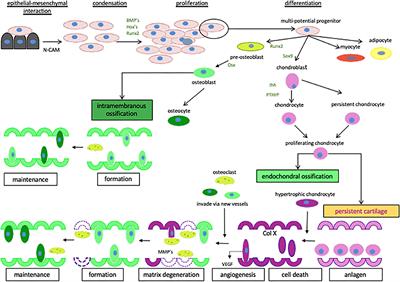EDITORIAL
Published on 31 Jan 2023
Editorial: Canine osteosarcoma as a model in comparative oncology: Advances and perspective
doi 10.3389/fvets.2023.1141666
- 1,415 views
- 3 citations
10k
Total downloads
45k
Total views and downloads
You will be redirected to our submission process.
EDITORIAL
Published on 31 Jan 2023
REVIEW
Published on 08 Dec 2022

ORIGINAL RESEARCH
Published on 16 Dec 2021
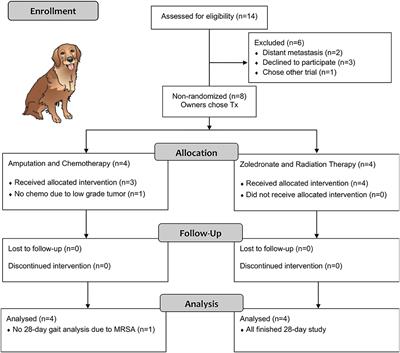
MINI REVIEW
Published on 16 Nov 2021
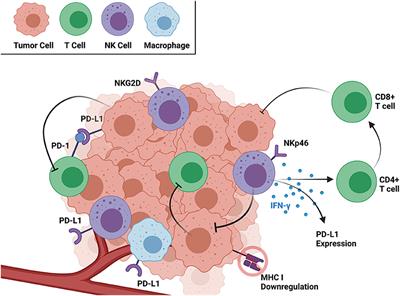
REVIEW
Published on 23 Sep 2021
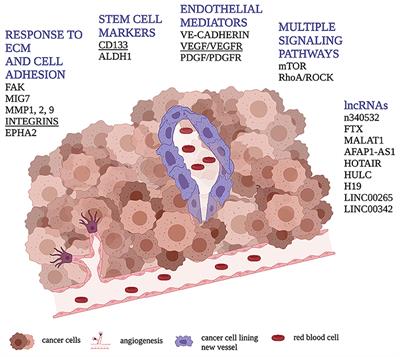
ORIGINAL RESEARCH
Published on 03 Aug 2021

PERSPECTIVE
Published on 07 Jun 2021
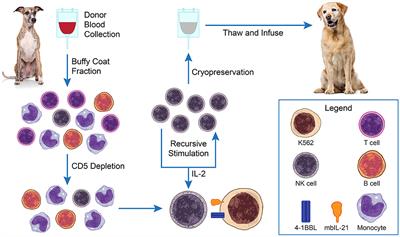
ORIGINAL RESEARCH
Published on 17 May 2021
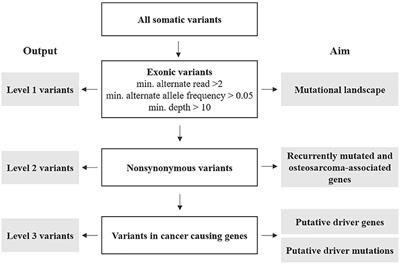
ORIGINAL RESEARCH
Published on 15 Apr 2021
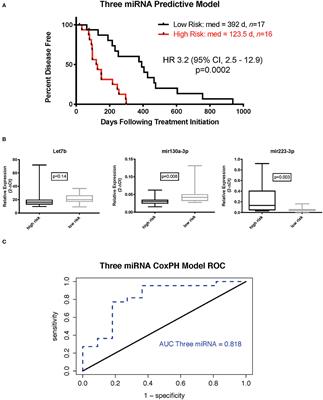
REVIEW
Published on 16 Mar 2021
